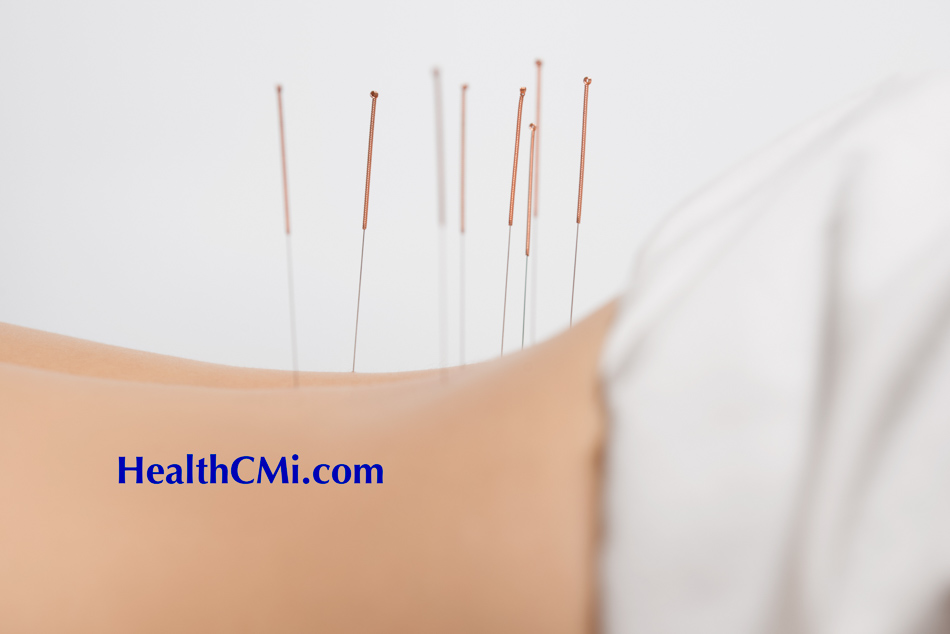A recent study conducted under the Alberta Complementary Health Integration Project (ABCHIP) has provided robust evidence supporting the efficacy of acupuncture in treating chronic pain and mental health issues among vulnerable populations in Alberta, Canada. Published in Frontiers in Neurology in August 2024, the study presents real-world data demonstrating significant improvements in physical and psychological well-being through tailored acupuncture interventions.
Methodology and Study Design
The ABCHIP project was designed to integrate acupuncture into conventional healthcare protocols to address the growing need for effective pain management and mental health support, particularly exacerbated by the COVID-19 pandemic. Over a 282-day period, 606 participants, including youth under 24 years and elderly over 55 years, received a total of 5,424 acupuncture treatments. These treatments were administered twice weekly, with each participant undergoing between 6 and 18 sessions depending on their individual health needs.
Participants were assessed using standardized tools such as the Brief Pain Inventory (BPI), Pittsburgh Sleep Quality Index (PSQI), and Patient Health Questionnaire-9 (PHQ-9) to measure outcomes related to pain severity, sleep quality, depression, anxiety, fatigue, and overall quality of life. The study’s primary goal was to evaluate the extent to which acupuncture could mitigate these symptoms and improve overall patient well-being.
Key Findings and Clinical Implications
The study’s findings underscore acupuncture’s potential to make a substantial impact on various health parameters, particularly in populations that might struggle with conventional treatments.
1. Pain Reduction: A substantial 75.5% reduction in pain severity was observed among participants who completed at least 12 acupuncture sessions. The BPI data showed that pain scores decreased from an average of 4.45 at baseline to 1.52 post-treatment, highlighting acupuncture’s effectiveness in alleviating chronic pain. This reduction in pain severity is particularly noteworthy given that chronic pain is a complex condition often resistant to standard medical interventions. The marked decrease in pain scores suggests that acupuncture could be a vital component of comprehensive pain management strategies, offering relief to those who might otherwise remain in discomfort.
2. Improvement in Sleep Quality: Participants experienced a 53.1% improvement in sleep quality, as evidenced by a drop in PSQI scores from 9.03 at baseline to 4.91 post-treatment. Improved sleep quality is a critical outcome, as sleep disturbances are closely linked to both physical and mental health challenges. The significant enhancement in sleep metrics indicates that acupuncture can effectively address sleep issues that are often comorbid with chronic pain and mental health disorders. This improvement could lead to better overall health outcomes, as sleep quality is a known predictor of recovery and quality of life in patients with chronic conditions.
3. Reduction in Depression and Anxiety: Depression levels, as measured by the PHQ-9, dropped by 78.4%, while anxiety levels, measured by the PROMIS Anxiety scale, decreased by 41.1%. These results are particularly significant given the rising prevalence of mental health disorders, especially in the context of the COVID-19 pandemic. The study’s findings suggest that acupuncture can serve as an effective complementary treatment for mental health conditions, providing relief that extends beyond the capabilities of conventional therapies alone. This reduction in psychological distress also has broader implications for patient care, as lower levels of depression and anxiety can lead to improved adherence to treatment plans, better patient engagement, and overall enhanced health outcomes.
4. Enhanced Quality of Life: The study also recorded a 42.6% improvement in overall quality of life, as assessed by the EQ-5D-5L index. This metric, which evaluates mobility, self-care, daily activities, pain/discomfort, and anxiety/depression, showed significant enhancements, reflecting the comprehensive benefits of acupuncture. The improvements in these areas suggest that acupuncture can play a crucial role in holistic patient care, addressing both the physical and emotional aspects of health. Enhanced quality of life is a key indicator of successful treatment, particularly in chronic conditions where the goal is not only to reduce symptoms but also to improve daily functioning and overall well-being. [1]
Scientific and Practical Implications
The ABCHIP study offers compelling evidence for the integration of acupuncture into standard medical care, particularly for populations that are vulnerable to the exacerbations of chronic pain and mental health disorders. The data suggest that acupuncture not only complements traditional medical treatments but also enhances patient outcomes in ways that are both statistically and clinically significant. Moreover, the reduction in dependence on pharmaceutical interventions, as implied by the decreased severity of symptoms, aligns with a growing preference for non-invasive, holistic treatment approaches in healthcare.
These findings are particularly relevant in the context of the ongoing COVID-19 pandemic, which has intensified the global burden of mental health and pain-related conditions. Acupuncture, with its demonstrated efficacy in this study, represents a viable, evidence-based intervention that can be scaled to meet the needs of affected populations. The implications extend beyond the individual level, suggesting that broader adoption of acupuncture could alleviate the strain on healthcare systems by reducing the need for more intensive, pharmaceutical-based treatments.
Conclusion
The ABCHIP study provides strong scientific validation for the use of acupuncture in treating pain and mental health concerns, particularly in settings where conventional treatments may be insufficient. As healthcare systems continue to adapt to the long-term impacts of the COVID-19 pandemic, incorporating acupuncture into integrative treatment protocols could offer a significant advantage in managing patient care and improving quality of life. The study’s outcomes support the broader adoption of acupuncture within contemporary healthcare, reinforcing its value as a complementary therapy that addresses both physical and psychological dimensions of health.
Source:
1. Lu, M., Sharmin, S., Tao, Y., Xia, X., Yang, G., Cong, Y., et al. (2024). Effectiveness of acupuncture in treating patients with pain and mental health concerns: the results of the Alberta Complementary Health Integration Project. Frontiers in Neurology. 15:1366685. doi: 10.3389/fneur.2024.1366685.


